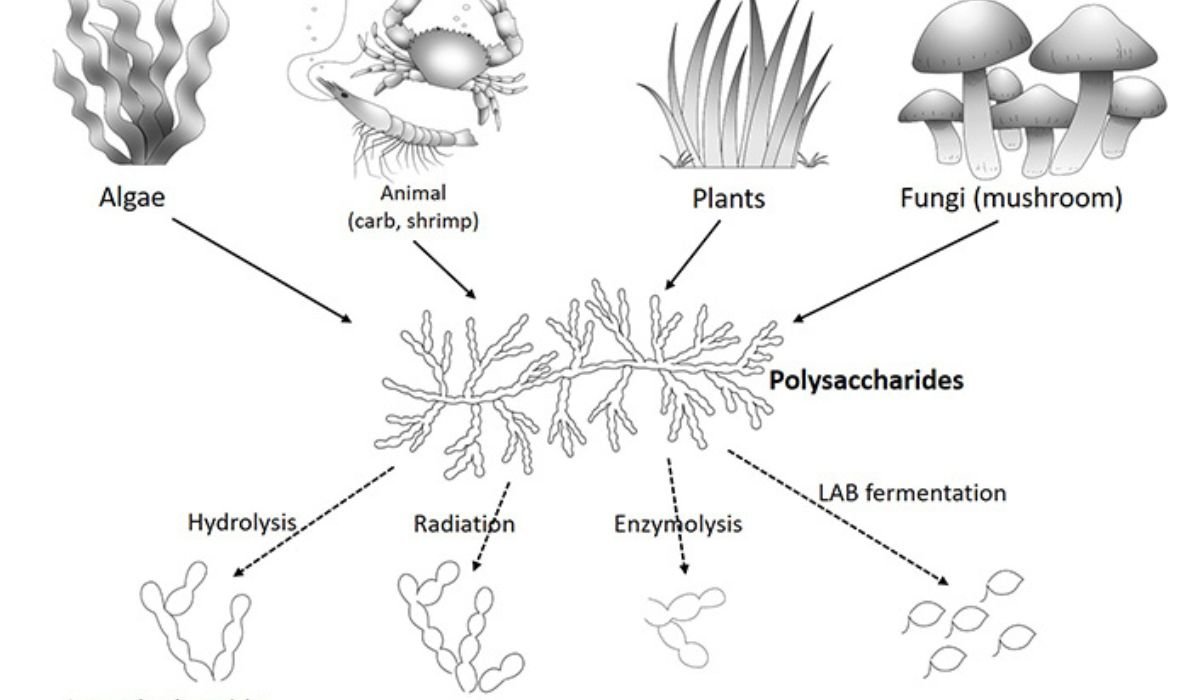Our immune system is a complex network of cells, tissues, and organs that work together to protect our body from harmful pathogens such as bacteria, viruses, and other foreign invaders. It also plays a vital role in maintaining our overall health by identifying and eliminating damaged or abnormal cells. With ongoing advancements in research, scientists are developing therapies that target the immune system in increasingly precise and effective ways. These therapies are helping to treat a wide range of conditions, from infections to autoimmune diseases and cancer.
Understanding the core components and mechanisms behind these therapies is essential for driving innovation in healthcare. This knowledge allows researchers and healthcare professionals to refine treatments, improve patient outcomes, and address challenges like minimizing side effects. In this article, we will explore the key factors contributing to the success of immune therapies and delve into the exciting role that VHH antibody discovery plays in pushing the boundaries of immune-targeted treatments
Key Components of Immune System Therapies
Modern immune system therapies combine cutting-edge science, advanced technologies, and targeted strategies to address various health challenges. Each component plays a vital role in ensuring the success of these therapies, pushing the boundaries of what medicine can achieve. Below is a closer look at these key elements:
- Precision Targeting
Imagine a therapy that can focus solely on harmful cells without affecting healthy ones. This is achieved by accurately identifying immune targets, such as antigens or receptors. Precision targeting minimizes unintended side effects and ensures maximum therapeutic efficiency. Advances in antibody discovery have transformed the field by offering exceptional specificity and binding strength, making these therapies highly effective in targeting disease.
Using these key components, immune system therapies are improving, offering better ways to treat many diseases with greater accuracy, effectiveness, and safety.
- Adaptive Immunity Enhancement
Enhancing the body’s adaptive immune system is a cornerstone of modern therapies. This involves fine-tuning the immune response to target specific threats, including:
- Checkpoint Inhibitors: These drugs release the brakes on immune cells, empowering T cells to fight cancer or infections more aggressively.
- Vaccines: Personalized cancer vaccines and mRNA-based vaccines are prime examples of advancements that stimulate the body’s adaptive immunity. These innovations not only prevent disease but also help the body attack existing threats.
- Engineered Antibodies
Antibody-based therapies are gaining widespread attention for their precision in targeting harmful pathogens or diseased cells. These therapies stand out for their unique features:
- Small Size: Their compact structure allows them to access targets that traditional therapies cannot.
- High Stability and Solubility: This makes them adaptable to various therapeutic uses.
- Reduced Immunogenicity: Their low likelihood of triggering immune rejection ensures better compatibility with patients.
- Cellular Therapies
Cellular therapies represent a revolutionary approach to disease treatment. CAR-T cell therapy, for example, involves modifying a patient’s immune cells to enhance their ability to detect and destroy diseased cells. These therapies benefit significantly from advancements in antibody engineering, enabling precise and efficient immune responses.
- Cytokine Modulation
Cytokines are signaling molecules that regulate the immune system, acting as messengers to coordinate immune responses. Balancing cytokine levels is critical for both stimulating and controlling immune activity.
- Cytokine Blockers: Used in conditions like autoimmune diseases, these therapies suppress overactive immune responses to prevent tissue damage.
- Cytokine Boosters: These enhance immune activity, particularly in anti-tumor treatments, by amplifying the body’s natural defenses.
Using these key components, immune system therapies are improving, offering better ways to treat many diseases with greater accuracy, effectiveness, and safety.
The Role of VHH Antibody Discovery
VHH antibody discovery has emerged as a game-changer in immune system therapies. These single-domain antibodies, derived from camelids, possess unique characteristics that enhance therapeutic potential.
Why Are VHH Antibodies Unique?
- Compact Structure: Their small size allows them to penetrate tissues and access epitopes that conventional antibodies cannot.
- Stability: VHH antibodies remain functional under extreme conditions, ensuring their efficacy in diverse environments.
- Ease of Production: Their straightforward production in microbial systems makes them cost-effective and scalable.
Applications in Immune Therapies
- Cancer Immunotherapy: VHH antibodies can target tumor-specific antigens with precision, improving the efficacy of treatments like CAR-T cell therapy.
- Autoimmune Diseases: Their ability to neutralize overactive immune components offers relief for autoimmune conditions.
- Infectious Diseases: VHH antibodies can neutralize pathogens and toxins effectively, contributing to vaccine development and therapeutic interventions.

Emerging Trends in Immune System Therapies
1. Personalized Medicine
Advances in genomics and proteomics are driving personalized immune therapies tailored to individual patients. This includes designing treatments based on a person’s unique immune profile.
2. Combination Therapies
Combining different therapeutic approaches, such as immune checkpoint inhibitors and antibody therapies, is yielding promising results. VHH antibodies’ versatility makes them ideal candidates for these combinations.
3. AI in Drug Discovery
Artificial intelligence is accelerating the discovery of new immune targets and the design of effective therapies. It plays a pivotal role in optimizing the use of VHH antibodies.
4. Global Accessibility
Efforts to make immune therapies affordable and accessible worldwide are gaining momentum. Cost-effective options like VHH antibodies are key to these initiatives.
Conclusion
Using these key components, immune system therapies are constantly getting better, making it possible to treat a wider range of diseases more effectively. These improvements mean that treatments can target specific problems with greater accuracy, reducing the risk of unwanted side effects and helping patients recover faster. Whether it’s boosting the body’s natural defenses, calming an overactive immune response, or engineering cells to fight diseases more efficiently, these advancements are changing the way we approach healthcare. As a result, people are gaining access to safer, more personalized treatments that improve outcomes and offer hope for conditions that were once difficult to manage.
To learn more about VHH antibody discovery and its applications, visit BioIntron.



